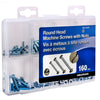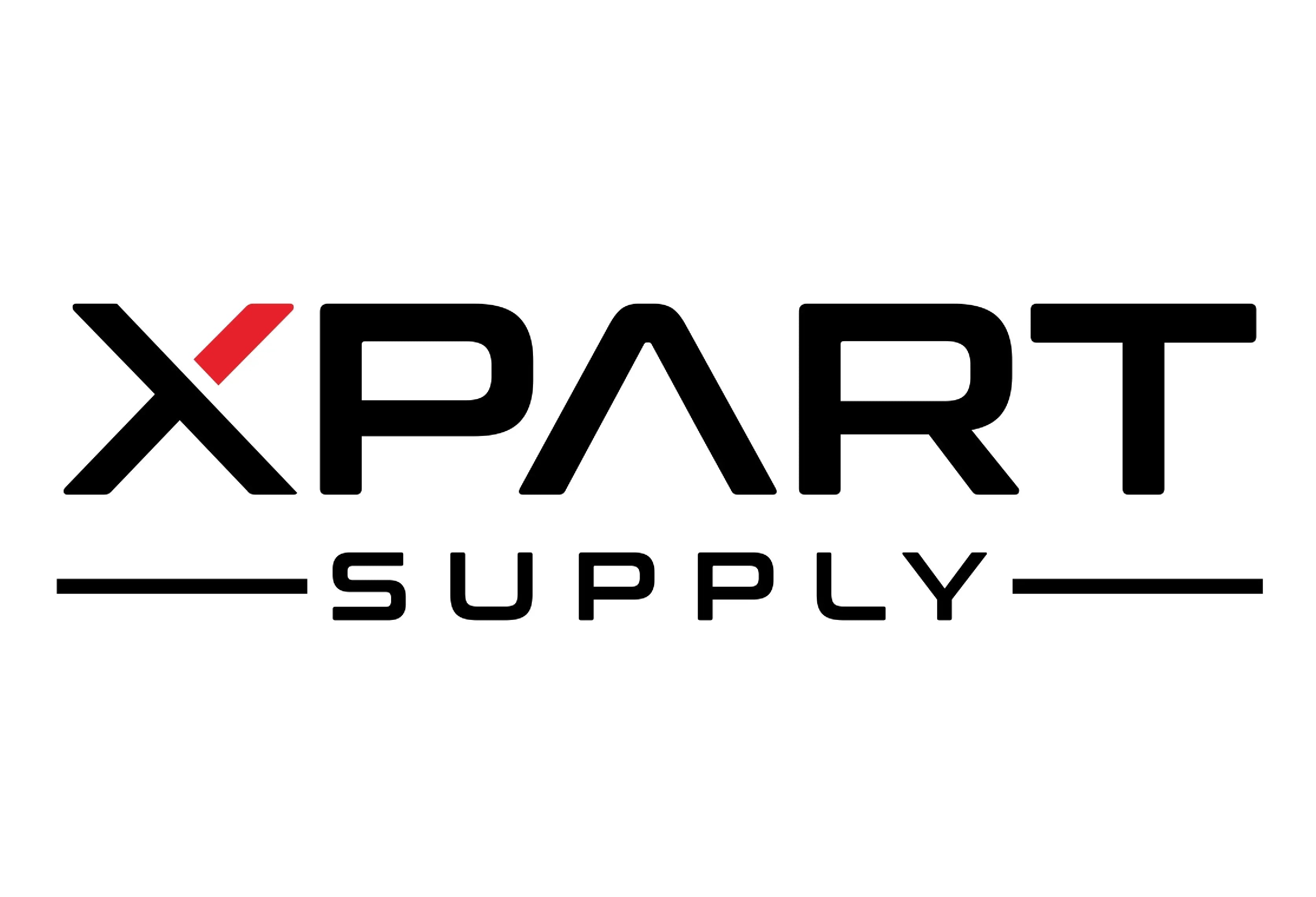Purchasing a used appliance can often be an economical and environmentally friendly way to furnish your home. However, buying pre-owned items can sometimes come with its own set of challenges. Knowing how to troubleshoot common issues can save you both time and money. Here are some tips to guide you through the process of acquiring and maintaining used appliances.
1. Check the Condition
Before making your purchase, it's crucial to thoroughly inspect the appliance. Look for any physical damage, rust, or signs of wear and tear that could affect performance. Turn it on, if possible, to ensure it works as expected. Listening for unusual sounds can also help determine the appliance's condition. If you're not familiar with what to look for, consider bringing along someone who is.
2. Verify the Age and Model
Knowing the age and model of the appliance can help you anticipate potential future repairs or replacements. You can often find this information on a sticker or plate inside or on the back of the appliance. Researching the particular model can also reveal common issues associated with it, allowing you to make an informed decision.
3. Ask About the History
Understanding the background of the used appliance can be very helpful. Inquire about its previous usage, frequency of repairs, and any history of malfunction. This information can give you insight into how long the appliance might last and what kind of future maintenance might be required.
4. Review Warranty Options
While most used appliances come without a warranty, there might be repair or return options available from the seller. Some businesses that sell used appliances may offer limited warranties or service plans, which can provide peace of mind. It's a good idea to review these carefully and consider their value before you commit to a purchase.
5. Evaluate the Price
While used appliances are often more affordable than new ones, it's important to evaluate if the price accurately reflects the appliance’s age, condition, and brand value. Compare similar models online to ensure you're getting a fair deal. Sometimes, a slightly higher investment in a better condition appliance can save you money in the long run.
6. Deal with Potential Repairs
Accepting that repairs may be part of owning a used appliance can help prepare you for future costs. Seek out reliable repair services beforehand, so you know where to turn if an issue arises. Basic preventative maintenance measures can also help extend the life of your used item.
Conclusion
With these tips in mind, buying a used appliance can be a rewarding endeavor that saves you money and helps the environment by reducing waste. For more guidance and options on used appliances, check out X Part Supply, where a range of parts and advice are at your disposal.
By approaching the process with knowledge and care, you can successfully navigate the world of used appliances and enjoy the benefits of your smart purchasing decision.







